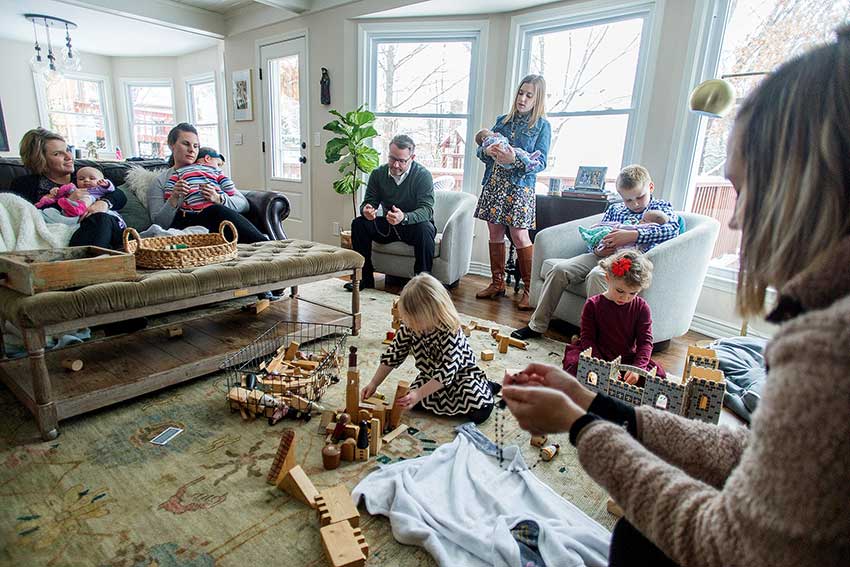
By Anneliese Alexander
The last two years have seemed an endless barrage of crises that affect every aspect of our lives. From the bushfires in 2019/20, to COVID lockdowns, home learning, social unrest, the threat and reality of war in Ukraine, to the endless rains and flooding situation we are currently facing. It can be personally challenging, but it can also put great strain on our relationships.
Personal anxiety and stress can overflow to those closest to us. We often lash out at those who are nearest and dearest, not because we love them less, but precisely because we love and trust them the most. In the same way that we know young children will muck up around their parents, but be on their best behaviour for everyone else, adults too allow themselves the freedom to outwardly express their inner world through nitpicking, getting snappy, or picking fights with their spouse. So if you have been finding yourself on edge in your relationship, take a moment to ask yourself, how are all these external crises affecting your personal stress?
For many couples, the last two years have disrupted their natural mechanisms for connection with each other. Going out for dinner was no longer an option. Meeting up with friends was few and far between. Time alone became impossible as we juggled home learning and having the kids around 24/7. So how do we keep our connection during times of crisis?

5 ways to keep the connection during crisis –
- Time alone – It might sound counter intuitive, but for many couples, they have been working side by side in the home for 2 years. While it has its benefits, we also need time apart to feel more loving to our spouse. Absence really can make the heart grow fonder. Perhaps there is a hobby you can do alone, or you can take a walk on your own. Whatever you need to do to be away from your spouse for a period.
- Rituals – how do you ritually connect with your spouse? They may always be around, but are you really connecting? Rituals are a way to have scheduled, ritualised time with your spouse. This could be a nice dinner on Friday night while the kids watch a movie, or a glass of wine after the kids go to bed, or even a walk together. Make sure you use this time to reconnect, and not try to hash out arguments you have been having.
- Have fun – life has been really stressful for everyone, but carve out some time to have some fun with your spouse, and the kids if they can get involved. Play a family game, go to the park and run around together, or go on an adventure to somewhere new. Try to put aside the worries of the world for a moment and connect as a family and spouse.
- Pray together – “Cast all your anxieties on Him, because He cares for you.” (1 Peter 5:7). Our faith gives us a hope that all things are in God’s hands. We need not be anxious, but pass on our worries to Him. Pray with your spouse and include the children. Pray for those affected by war, by the floods, and by intolerance. Pray for peace.
- Help – Ask yourself as a couple, how can we help this situation? Couples who have a common sense of purpose feel greater connection and are heading in a common direction. Is there a charity that you can volunteer for, or something you can buy for locals affected by a crisis? ““Do not lay up for yourselves treasures on earth, where moth and rust destroy and where thieves break in and steal, but lay up for yourselves treasures in heaven, where neither moth nor rust destroys and where thieves do not break in and steal. For where your treasure is, there your heart will be also.” Matthew 6:19-21
Lastly, forgiveness is an essential element as we face the troubles of the world. Neither you nor your spouse will have all the answers or solutions, or know how to respond. This is new for both of you. Instead of allowing the crisis to pull you apart, allow the common experience of these crises be an opportunity to create a deeper connection. Share with each other your fears and worries, and listen without judgement or the need to solve the problem. For the greatest gift we can give each other as we navigate the problems of the world is a listening ear and an empathic heart.
Anneliese Alexander works for CatholicCare’s Marriage Education office
